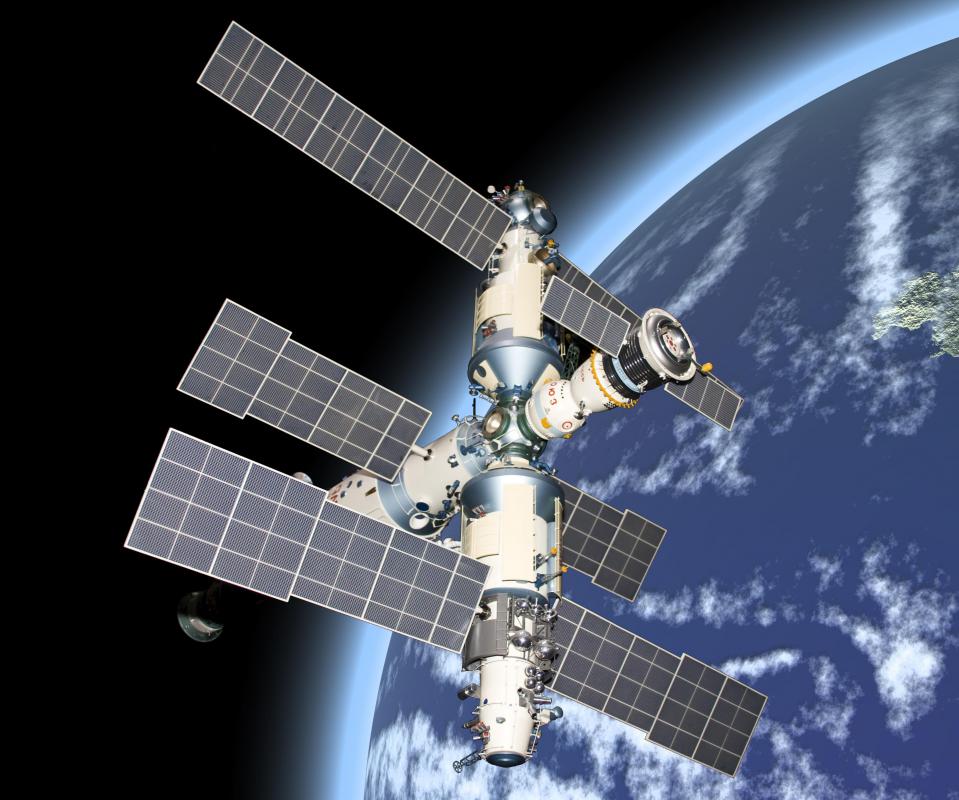

It is currently unclear how Russia’s withdrawal will play out.
#Who are currently operating the international space station full
Under the ISS agreements, Russia retains full control and legal authority over its modules.

This engine is vital to the station’s ability to remain in orbit and also to how it moves out of the way of dangerous space debris. Russia operates six of the 17 modules of the ISS – including Zvezda, which houses the main engine system. NASA What would this withdrawal look like? The Zvezda module, at the far bottom left in this photo, is one of six Russian segments of the ISS and houses the engines used to keep the station in orbit. As a scholar who studies space policy, I think the question now is whether the political relationship has gotten so bad that working together in space becomes impossible. While it remains unclear whether the Russians will follow through with this announcement, it does add significant stress to the operation of the most successful international cooperation in space ever. This cooperation has been especially significant as the countries’ relationship has deteriorated in recent years. can work together despite being former adversaries. Over its 23-year lifetime, the station has been an important example of how Russia and the U.S. Russia’s announcement, while not a breach of any agreement or an immediate threat to the station’s daily operation, does mark the culmination of months of political tensions involving the ISS. and its partners have been seeking to extend the station’s life to 2030. Borisov also said future efforts will focus on a new a Russian space station.Ĭurrent agreements on the ISS have it operating through 2024, and the station needs Russian modules to stay in orbit. Russia intends to withdraw from the International Space Station after 2024, according to an announcement from Yuri Borisov, the new head of the Russian space agency, Roscosmos, in a meeting with Vladimir Putin on July 26, 2022. That station is scheduled to be operational sometime in 2028. A video posted by the Russian space agency and statements from a NASA official both indicated that Russia intends to continue operating the ISS with current partners until its own space station is complete. But since then, Russia appears to have changed its stance. Editors note: On July 26, 2022, Russia announced its plan to withdraw from the International Space Station “after 2024.” This article was published on that same day based on the statement from the head of Russia’s space agency.


 0 kommentar(er)
0 kommentar(er)
